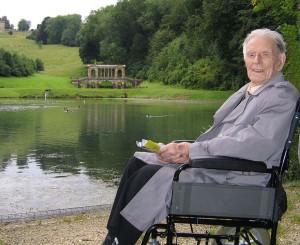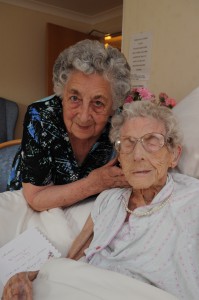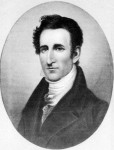
There are, according to some estimates, 11,000 people in Britain today who were already alive when war was declared in August 1914. They were, of course, very young back then. The eldest, Ethel Lancaster, was just fourteen at the time, meaning that, had she been male, it’s very likely that she would have been in uniform by the time that the Armistice was declared. As it was, the ‘Last Fighting Tommy’, Harry Patch, died in July 2009. We enter this centenary period highly conscious that it will probably be the last major anniversary at which any first hand memory of the Great War is available.
This is important and not merely because it gives historians tiny opportunities to glean information from living, breathing people, but also because it places the First World War within the range of accessible cultural memory. There are many more people who, while they were not themselves born before 1918, were the children, nephews and nieces of people who were. They grew up as cognisant of the war as many of us are of, say, the 1960s and 70s. Their recall of the war is obviously second hand, but their experience of its aftermath and of the impact that it continued to have on the lives of those involved is utterly direct. Material items such as medals, uniforms, flags, even weapons, have been handed down to children and grandchildren, but so too have memories and the impact of experience.


These connections can survive a surprisingly long time. As recently as 2012, it was reported that the US government was still paying Civil War pensions to two (elderly) children of veterans, 147 years after the war ended. John Tyler (b. 1790), the tenth President of the United States, still had two surviving grandsons as of 2013. These facts can feel a little odd, as can the realisation that, having been born in May 1900, Ethel Lancaster is not only Britain’s oldest woman, but the last surviving Victorian. If they do, it may be because we’re accustomed to regarding most periods as belonging purely to history and disconnected from our present age. This disconnection can make it difficult to empathise with those concerned or make it tempting to regard much of the details of these eras as irrelevant to ordinary life in the twenty-first century.
The Great War is undoubtedly an historical event. It has been studied again and again and will deservedly continue to do so centuries from now. Questions can be asked of its origins, its progress and its impact. The images that we have of it, often unclear, usually in monochrome, give it a distancing quality that seem to confirm it as the event of another age. And yet, it is not history like the death of Julius Ceasar or the signing of Magna Carta or the Protestant Reformation is history, it is also, for now still memory and that gives it a resonant power that may strike a chord with people as they reflect on its centenary.